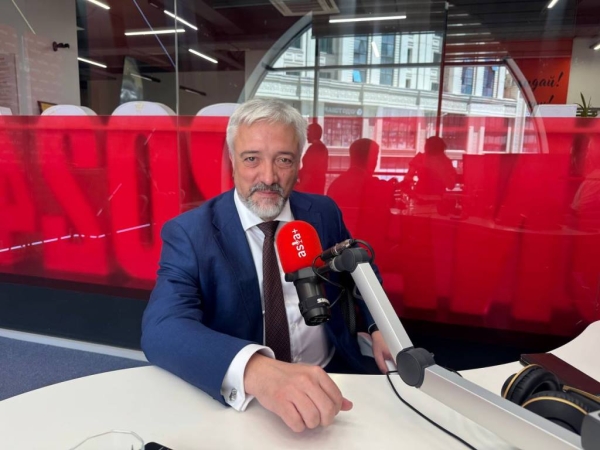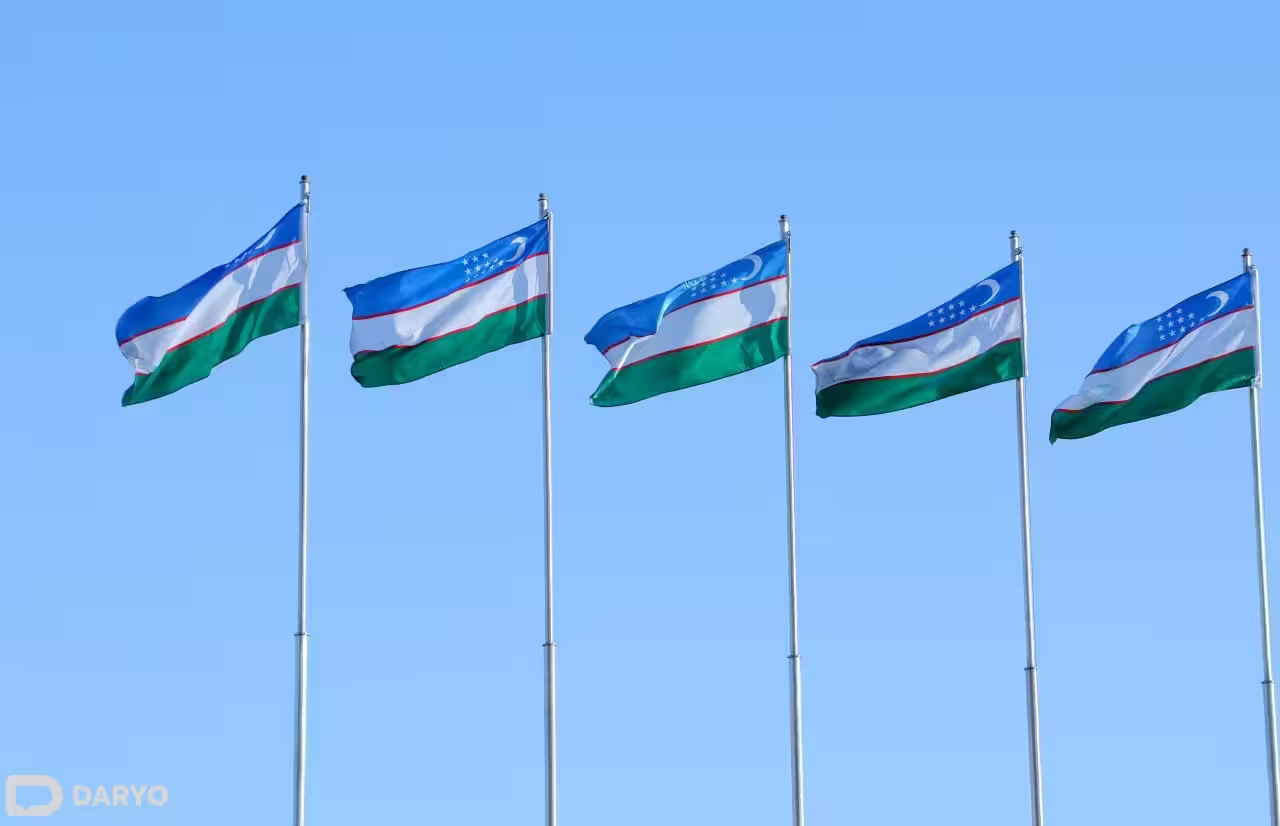
Recently, the head of Rossotrudnichestvo, Evgeny Primakov, visited Dushanbe. During his brief trip, he made an appearance on the Asia-Plus Radio Station, where he shared his impressions of the visit, discussed the upcoming quota campaign, new opportunities for students from Tajikistan, and key areas of study for them.
Regarding the opening of the new Russian House building in Dushanbe, Primakov noted that the Russian House has been operating in the city since 2011 but did not have its own building. "Finally, we now have a full-fledged and modern house in the city center. We have been working in the new building since March, but the official festive opening only took place recently," he added.
Today, Russian Houses are located in both Dushanbe and Khujand. “The opening of branches of the Russian Center for Science and Culture requires an intergovernmental agreement, which takes time and further coordination. As a result, Rossotrudnichestvo has chosen a slightly different path and decided to open additional education centers, or Resource Centers,” Primakov said.
Currently, there are six additional education centers throughout Tajikistan and one Resource Center in Dushanbe. "We have begun inviting teachers from Russia. A teacher will stay for three months, working with children in robotics or modeling, and will train local teachers to continue the work," Primakov explained.
Recently, the "Russian Engineering School" project was announced, which will operate at the Resource Center.
Primakov also mentioned that, for the next year, the focus will be on equipping these centers rather than opening new ones. "We also plan to equip laboratories for schools," he added.
Rossotrudnichestvo increases quotas for pedagogical fields
Primakov also discussed the increase in student quotas for Tajikistan. "Currently, 1,000 students from Tajikistan are admitted to Russian universities through the quota system. The only country with a larger quota is Belarus, with 1,300. However, Belarus and Russia are part of a union state, which entails a different level of integration. Tajikistan ranks second. On average, three or four people compete for one place, which is a positive development. Our aim is not to simply increase the quotas but to have more applicants. This way, we can encourage healthy competition," he said.
Rossotrudnichestvo is currently recruiting 30,000 people worldwide, with some countries having a near one-to-one or one-and-a-half ratio for each place, which means that most applicants are accepted. "That’s why we are investing in preparatory courses and programs that motivate people to apply. It’s much more promising than just increasing the quotas," Primakov added.
However, there are some challenges. "We give students the right to study, but we do not cover their travel and other living expenses. Usually, the university provides accommodation. Students can work part-time under their student visa, and many take advantage of this. In this aspect, we fall a little behind countries like China, where international students can receive significant scholarships. But we excel in the quality of education," Primakov emphasized.
Primakov further explained that the ultimate goal is to train students, providing them with high-quality Russian education so that they can later contribute to the success of their home countries in various sectors, such as entrepreneurship, social services, science, and management.
A recent request from Tajikistan asked for an increase in quotas for training teachers. "There is a shortage of teachers both in Tajikistan and Russia, with various reasons such as the complexity of the profession and low salaries," said Primakov. "Our Tajik partners have proposed increasing the number of places for pedagogical fields—not only for Russian language teachers but for other subjects as well."
Currently, efforts are underway to develop a mechanism that would not only train these students but also guarantee their return to work in schools. "Without this, there would be no point," Primakov stressed.
Russian universities: a safe and comfortable place for study
Primakov noted that Russia remains a comfortable and safe destination for study, with the exception of certain regions facing difficulties. "In general, Russia and Tajikistan share a common linguistic and cultural environment. People speak and understand Russian, which makes adaptation easier. Educational standards, technologies, and approaches are clear and familiar, especially for technical and engineering specialties, where training is effective and free of language barriers."
Discussing the simplification of the admission process for foreign students, Primakov explained that the entire application procedure has been digitalized. The "Education in Russia" system allows students to upload documents to a single platform, where each applicant is assigned a number, and their personal information is hidden during the review process, minimizing human bias. "This has greatly increased transparency and trust in the selection process," he said.
For countries where the Russian language is not widely spoken, preparatory programs are in place, although they are less relevant for Tajik students, who do not face a language barrier.
Primakov concluded by stating that Russian universities are eager to attract foreign students, as this helps them expand their international presence and secure funding. "Even students admitted through the quota system are funded by the government, and the universities receive financial support for each student."
He emphasized that Rossotrudnichestvo's work is about building bridges and strengthening friendly ties through joint development and projects. "That’s why we created a special logo, which we now attach to all our programs: 'Russia is with you.' It’s not about Russia offering help—it’s about being with you."




